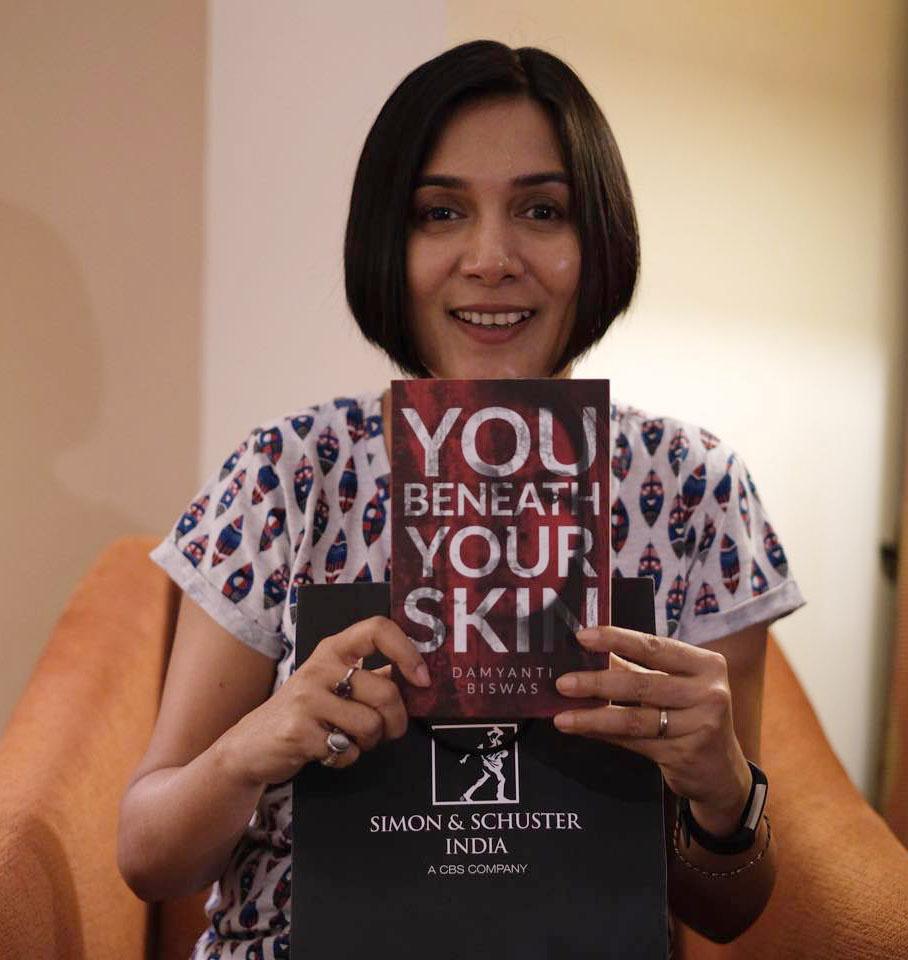(September 4, 2023) Saiyami Kher has been a die-hard cricket buff and Sachin Tendulkar fan all her life. Growing up, she self-taught herself the sport by watching him on screen and later went onto becoming a state-level cricket player. She even bunked college to watch Tendulkar play and perhaps had the loudest “Sachin….Sachin” chant from the stands in the stadium. So recently, when the ‘god of cricket’ requested Saiyami to show him the now iconic “Ghoomer” bowling style, she gladly obliged. “Meeting Sachin Tendulkar was a dream and I never imagined it would come true. Eventually, I met my hero, my inspiration,” smiles actress Saiyami Kher, speaking exclusively to Global Indian.

Saiyami Kher
Saiyami Kher has embodied cricket like no other in her latest release, Ghoomer, with everyone lauding her earnest and sincere performance as Anina, a young girl who’s aspirations are broken when she meets with an accident and goes onto become a paraplegic cricketer.
She recently hosted a screening where the ‘god of cricket’ himself saw the film and even took to social media praising the film. “Unknowingly, Sachin Tendulkar taught me how to live, work hard, stay grounded and never give up,” says Saiyami, whose recent movie has struck a chord with audiences for its awe-inspiring message and storytelling. So what did Sachin have to say about her ‘Ghoomer’ style ? “He was speechless,” says Saiyami, who is on cloud nine with her ‘Ghoomer’ success.
Ghoomer & Yuvi
Saiyami also took notes from cricketer Yuvraj Singh to prepare for her role as a cricketer with disability in Ghoomer. “A lot of preparation– physical and mental– went into creating the character. Yuvraj Singh helped me prepare mentally for the role,” says Saiyami, who believes that a sportsperson does not just prepare physically but also mentally. Ghoomer is inspired by the story of Karoly Takacs, the late Hungarian right-hand shooter who won two Olympic gold medals with his left hand after his other hand was seriously injured.
She also trained with former cricketer Murali Karthik for her role. Since she played the role of a left-handed cricketer, she preferred a left-handed batsman and bowler to train with. “Murali was a specialist slow left arm orthodox bowler known for his loopy trajectory and ability to spin and bounce. He was the perfect cricketer to train with,” says Saiyami, who studied at St Xavier’s college, Mumbai.
View this post on Instagram
Movies
Primarily working in Telugu and Hindi films, Saiyami, the grand daughter of actress Usha Kiran, made her acting debut with Telugu film Rey in 2015. She followed it up with Hindi movie Mirzya the following year. In 2020, she appeared in the web series ‘Breathe’ and the next year, she was starred alongside Tollywood star Nagarjuna in the action film ‘Wild Dogs.’ Born in Nashik, Saiyami’s father Advait Kher was a renowned supermodel while her mother Uttara Mhatre was former Miss India. Saiyami’s sister Sanskruti is a Marathi actress.
Bike packing in Italy
The Nashik born shot a first-of-its kind travel documentary on bikepacking in Italy in July this year. The actress rides a mountain bike to cross the Italian mountain terrain while she shoots the documentary. “I took up this project owing to my love for sport and adventure, which I am extremely close to. I spent 2.5 weeks covering different landscapes of Italy including towns, mountains, beachside and countryside,” informs the 30 year old.
She says the documentary aims to bring forth awareness of the new trend of bike packing to India. “Bike packing is a favourite amongst adrenaline lovers who move across a country with a bicycle and a bag whilst exploring and taking short breaks in between. This has been one of the best trips of my life and a project I was most excited about,” says Saiyami, who was awarded with ‘superstar of tomorrow’ (female) by Stardust in 2016.
Saiyami shot the documentary along with actor and television personality Rannvijay Singha and three more cyclists. “We cycled over 300 kms. The distance wasn’t the problem. I was worried about the luggage while cycling. I did my first pass which was around 2000 metres in a day. And we climbed around 4000 metres in all,” informs the adventure freak.

Saiyami believes that exploring a place is best when you can do it on a cycle. “I have bike packed before from Berlin to Prague and fell in love with exploring places on a cycle. Which is why I couldn’t wait to do this bike packing trip in Italy. On tough days my motivation was finishing in order to eat pizzas and gelato,” laughs Saiyami.
The most challenging parts of the ride were the climbs. The hot weather, rain and hailstorms made it extremely difficult. “I have been used to riding on flat terrains. Gravel biking was something new to me. Nonetheless, it was fun,”says the actress, who is used to climbing mountains, swimming in lakes and go trekking in Himalayas ever since she was a child.
Before the project, Saiyami trained hard but her shoots would come in between. “I would go to the hills for training. I also had a stationary trainer bike at home. But it was not enough and I wish I had more time to prepare well,” she says.
Coming soon, Agni
So what more movies are in the pipeline? “I am looking forward to Agni, where I play the role of a fire fighter,” informs Saiyami, who received the best actor award (female) for her role in web series ‘Choked’ at the Filmfare OTT awards in 2020. She was last seen in the movie ‘8 A.M. Metro’.
She has plans when it comes to adventure too. “I have been training to do the Ironman. But due to work commitments, it got postponed twice. Hopefully, I will do it soon,” says Saiyami, who is learning snowboarding and kite surfing. “Adventure keeps me alive,” she adds.
Follow Saiyami Kher on Instagram






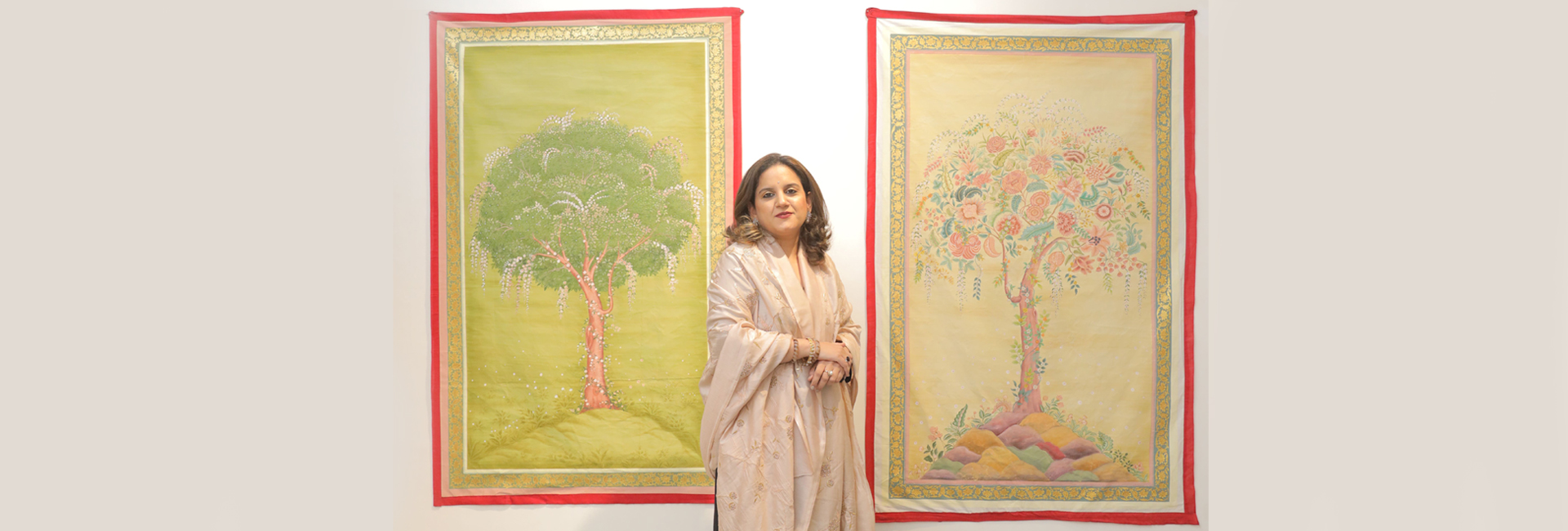
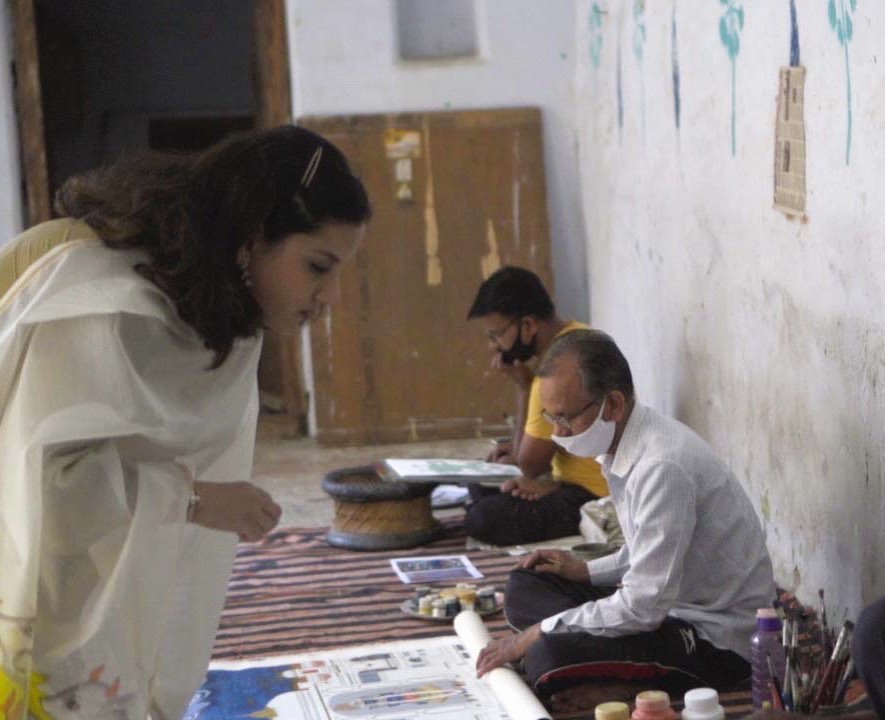
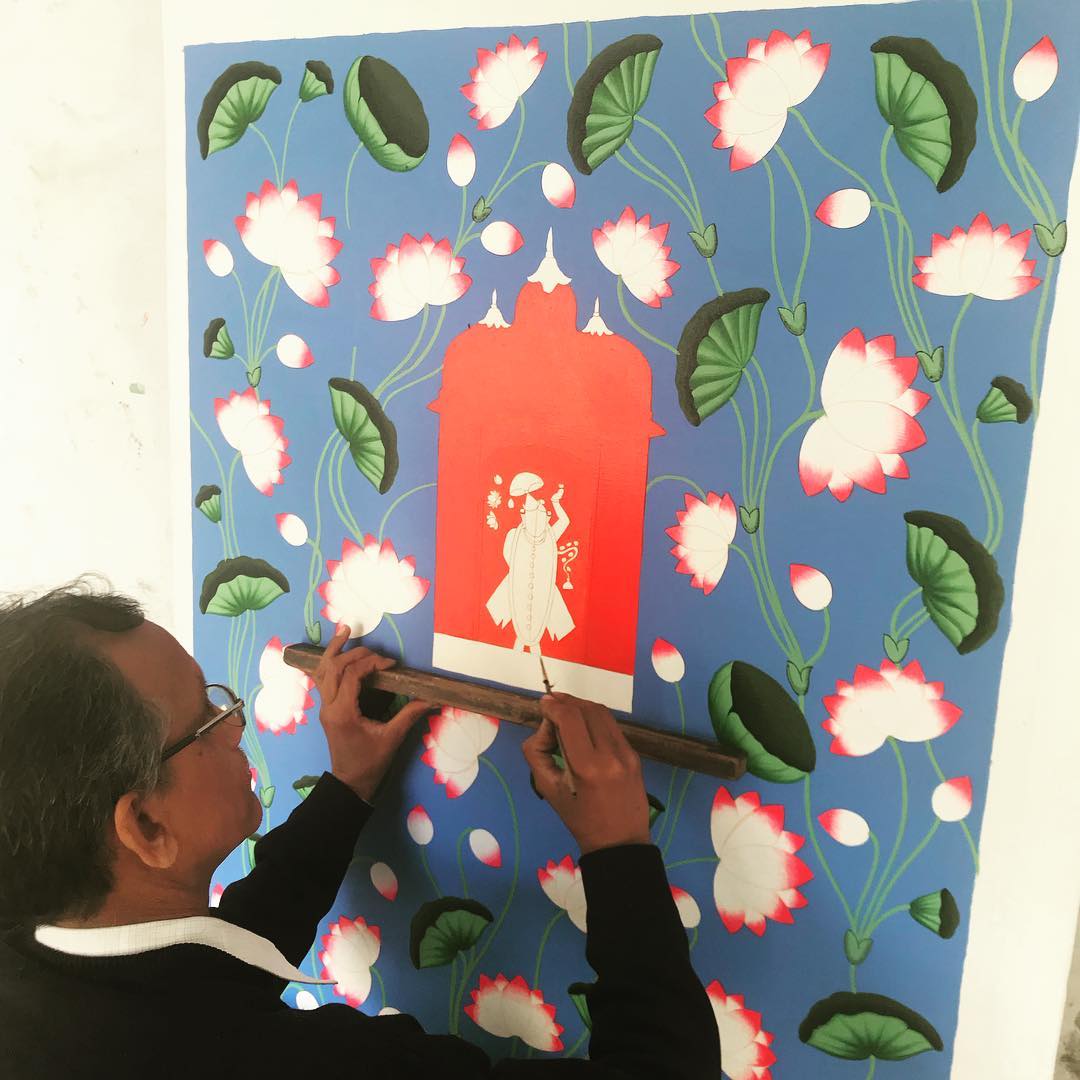 Artisans at Studio Kishangarh use miniature paintings and Picchwai techniques in a modern way[/caption]
Artisans at Studio Kishangarh use miniature paintings and Picchwai techniques in a modern way[/caption]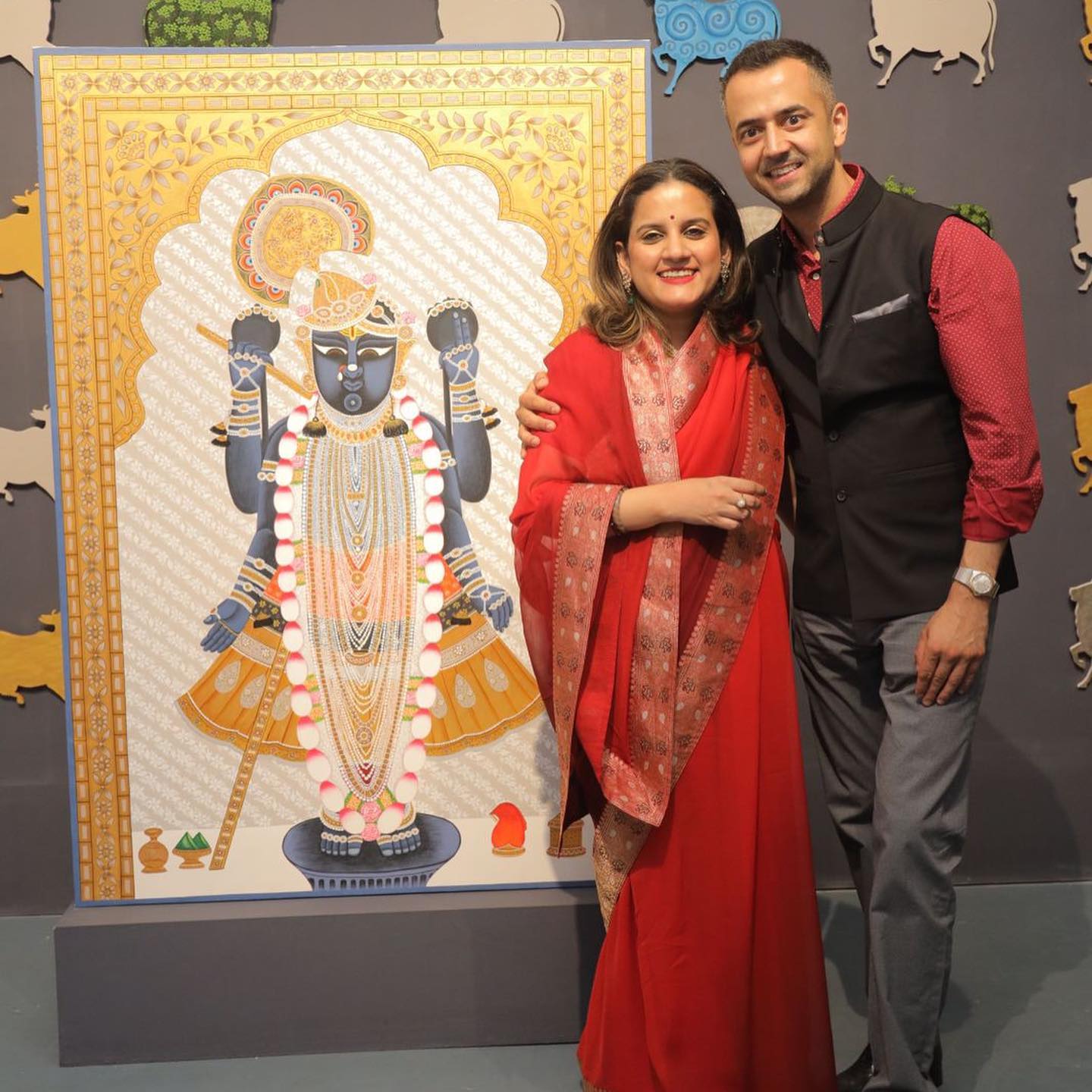 Princess Vaishnavi Kumari of Kishangarh and Kumar Saaheb Padmanabh Jadeja of Gondal[/caption]
Princess Vaishnavi Kumari of Kishangarh and Kumar Saaheb Padmanabh Jadeja of Gondal[/caption]
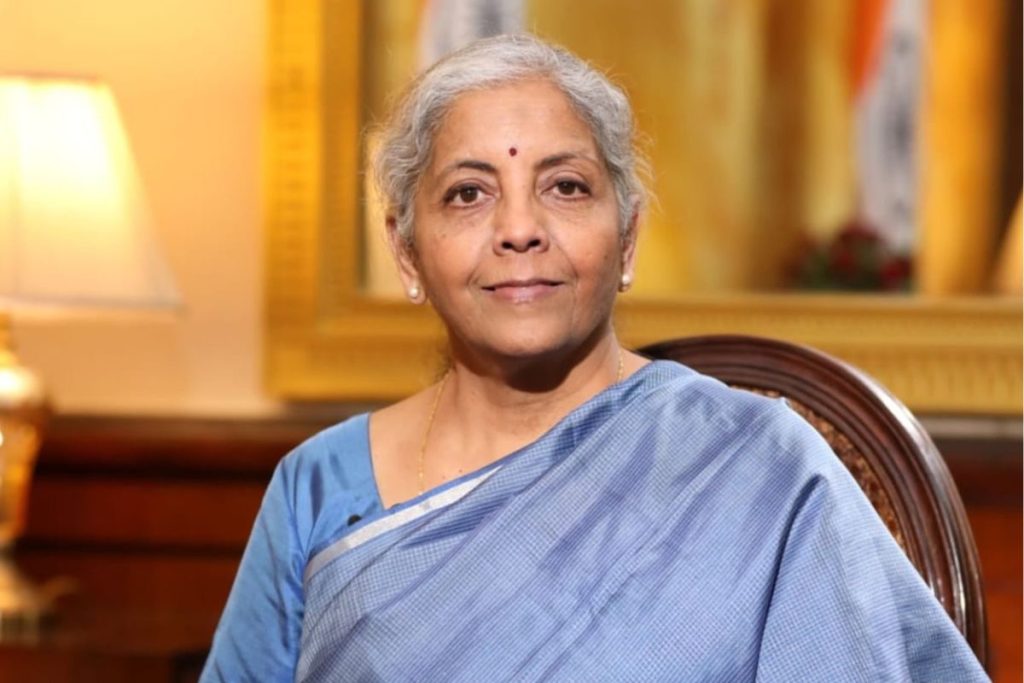 Nirmala Sithraman[/caption]
Nirmala Sithraman[/caption]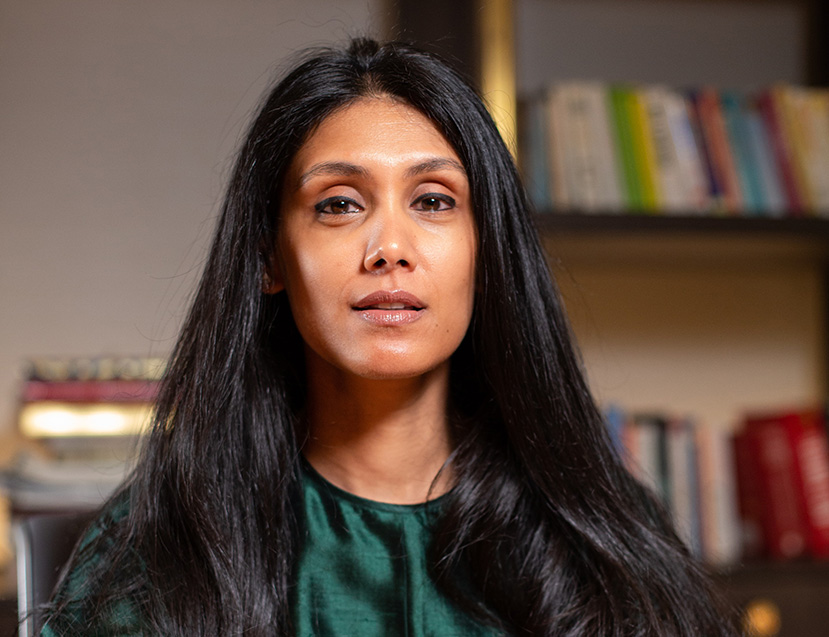 Roshni Nadar[/caption]
Roshni Nadar[/caption]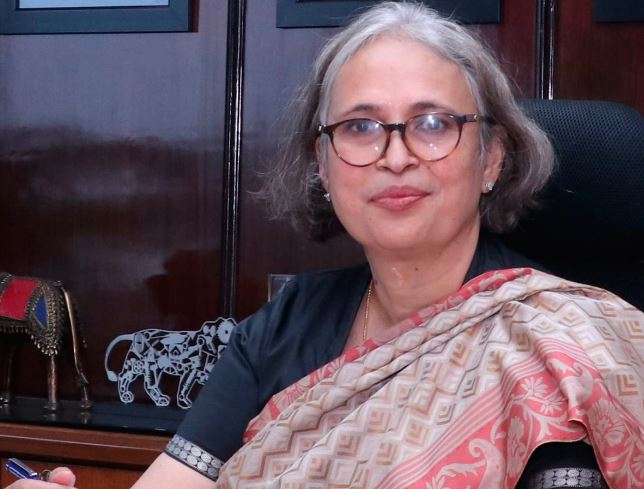 Soma Mondal[/caption]
Soma Mondal[/caption] Kiran Mazumdar Shaw[/caption]
Kiran Mazumdar Shaw[/caption]
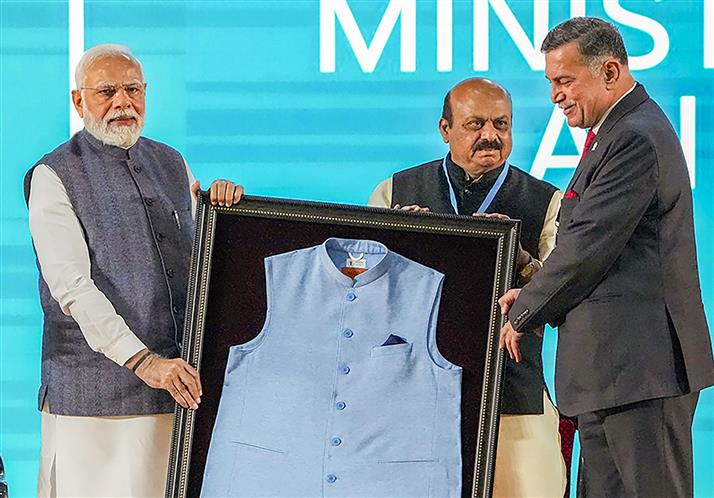 Ecoline's sadri jacket gifted to PM Modi[/caption]
Ecoline's sadri jacket gifted to PM Modi[/caption]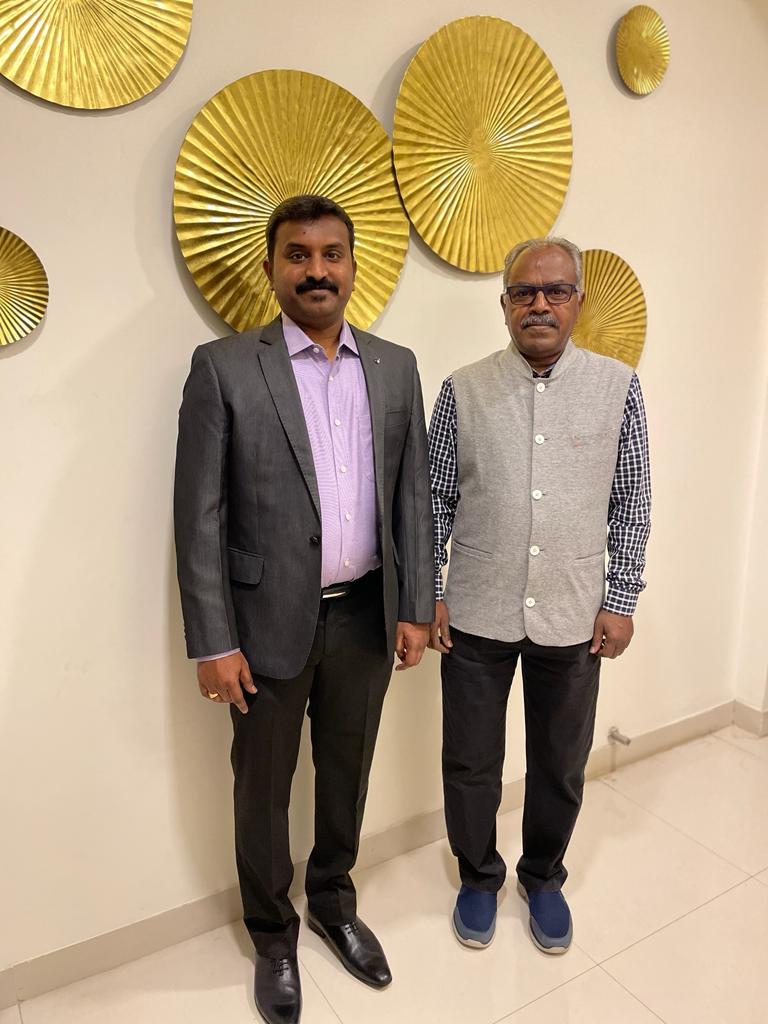 Senthil Sankar with dad K Sankar[/caption]
Senthil Sankar with dad K Sankar[/caption]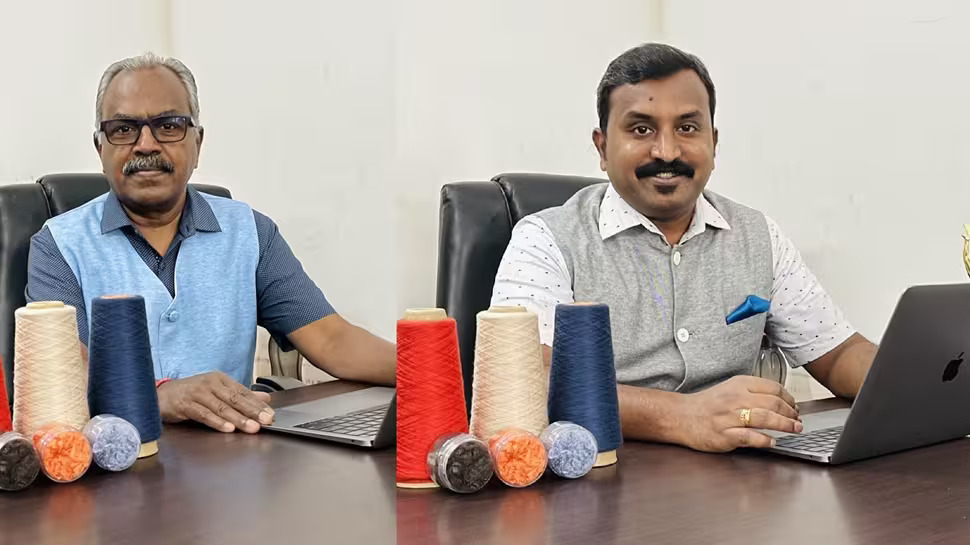
 Discarded PET bottles[/caption]
Discarded PET bottles[/caption]


